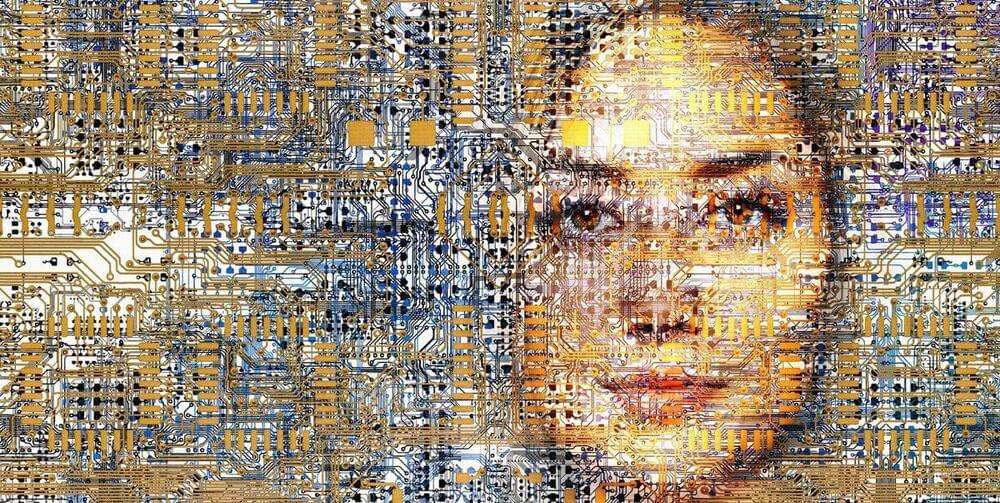A robot is just a tool, the real star is the AI control system.
At five feet seven inches (57’) and 155 pounds (70 kg), Phoenix, the humanoid robot, is just about the height of an average human. What it aims to do is also something that humans can casually do, general tasks in an environment, and that is a tough ask from a robot.
While humanoid assistants have been familiar with most science-fiction stories, translating them to the real world has been challenging. Companies like Tesla have been looking to make them part of households for a few years, but robots have always been good at doing specific tasks.






